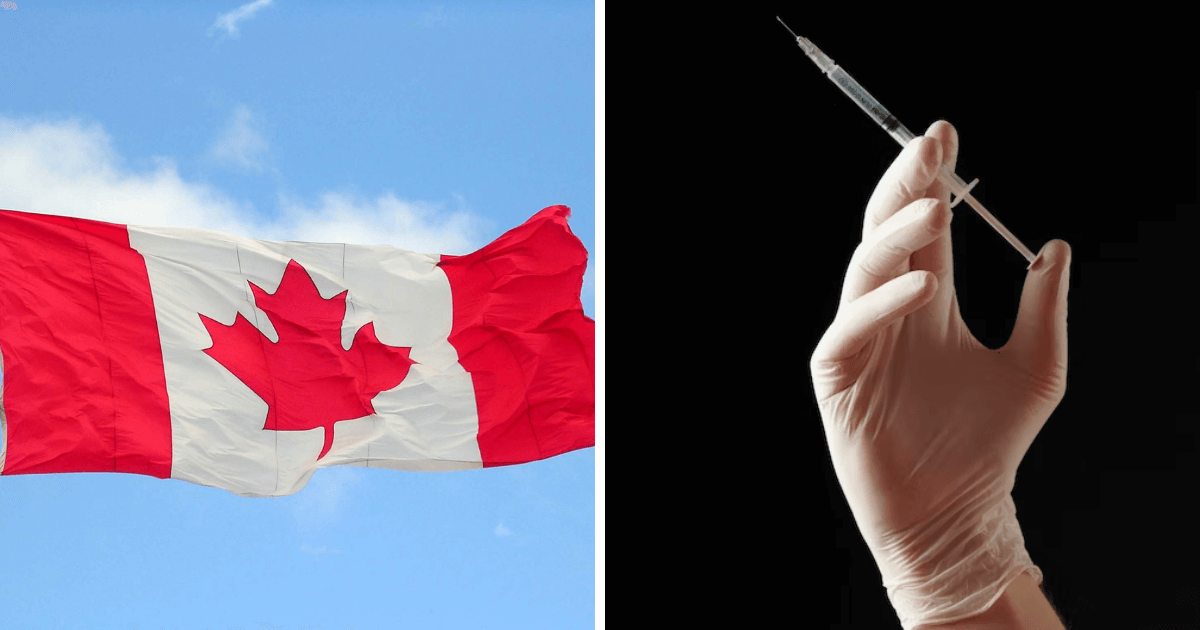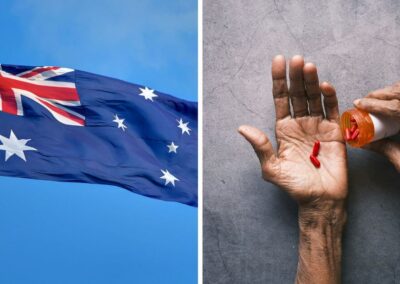The results of a freedom of information request from an assisted suicide and euthanasia regulator in Canada have revealed systemic failures in its assisted suicide and euthanasia programme, including thousands of paperwork errors and a recommendation that oversight should not be “overly strict” since this “may discourage” doctors from providing euthanasia “despite high demand”.
The information obtained from the freedom of information request reportedly found many dangerous failures in the province’s assisted suicide and euthanasia programme, including “thousands of paperwork errors among the 2,767 [assisted suicide and euthanasia] deaths recorded in 2023”.
These issues came to light following documents that were obtained as a result of a freedom of information (FOI) application in July this year. The documents reportedly highlight extensive failings by the MAiD Oversight Unit of British Columbia’s Ministry of Health. MAiD stands for ‘medical assistance in dying’ and refers to euthanasia and assisted suicide in Canada.
The Oversight Unit took responsibility for the oversight of the province’s assisted suicide and euthanasia programme in 2018. The unit is run by Sara Bergen, a social worker who also leads the overall administration of the assisted suicide and euthanasia programme in British Columbia.
The fact that the individual who leads the administration for the programme is also leading the Oversight Unit for the same programme is a cause for concern, according to Trudo Lemmens, professor in Health Law and Policy at the University of Toronto. “Somebody combining the organization of a practice with the oversight of a practice is unhealthy”, Lemmens said.
Oversight unit told not to be “overly strict” in reporting infractions by an unnamed bureaucrat
According to reports, one of the most worrying revelations resulting from the FOI is that of a “briefing decision note”. The note, reportedly written by an anonymous bureaucrat and addressed to the deputy minister of health, argues that the Oversight Unit should not be “strict” in reporting infractions of protocols.
“Overly strict or severe” reporting of infractions of MAiD-delivery protocols to professional colleges or the police from the Oversight Unit “may discourage physicians or nurse practitioners from providing MAiD despite high demand”, the note said. It recommended introducing a “weighted criteria model” for judging practitioner infractions of the assisted suicide and euthanasia programme’s protocols, which Stephen Brown, the deputy minister of health, agreed to.
Trudo Lemmens criticised this memo, stating that it is “stunning to state that so explicitly”. Dr Christopher Lyon, a research fellow at the University of York who previously worked at McGill University in Canada, called these revelations “staggering”, stating that the province should be “very concerned” about why the assisted suicide and euthanasia rates are so high.
Despite thousands of issues and errors, the Oversight Unit has made only 24 referrals to regulatory bodies
One document reportedly revealed by the FOI application showed that, in 2023 alone, there were 2,833 “reporting issues” and “completion errors” in the paperwork for individuals who applied to end their lives through the province’s assisted suicide and euthanasia programme.
Despite all of these issues, the Oversight Unit has only made two referrals to law enforcement for potential criminal charges, and only 22 referrals to regulatory bodies for any potential disciplinary action. The obtained document states that these referrals “represent less than 0.2 per cent of the total number of cases of MAiD reviewed by the unit”, as according to the evidence, issues commonly went unreferred.
Isabel Grant, a law professor at the University of British Columbia, said reading about these revelations was “alarming”.
“Looking at only one indicator—errors around the eligibility requirements—we see an error rate of 4.9 per cent. When we are talking about close to 3,000 deaths, that is a very high number”, she said.
“Couple this with the concern raised in the report that we cannot have an ‘overly strict’ referral to law enforcement or professional colleges … [and] we can see the approach of the British Columbia government to MAiD deaths – err on the side of making MAiD accessible, not on the side of compliance with the Criminal Code”.
Spokesperson for Right To Life UK, Catherine Robinson, said “These revelations paint a worrying picture about how dangerous the assisted suicide and euthanasia regime in British Columbia is”.
“To have so many errors and issues, and to recommend not being ‘strict’ with reporting infractions, is especially worrying, considering that the cost of each mistake could be a potential wrongful death. The Oversight Unit appears to be an utterly impotent and failed safeguard. This indicates that this sort of safeguard is only as good as those who run it, and when compliance or enforcement appears so lax, it does not engender confidence in legalised euthanasia and assisted suicide”.
“The administration of assisted dying in Canada should serve as a warning about what will likely occur in England and Wales if Kim Leadbeater’s assisted suicide Bill becomes law. It is clear that this Bill lacks adequate safeguards to protect vulnerable individuals”.
“MPs and Peers would do well to heed these warnings from Canada and work to prevent this Bill from ever becoming law”.












